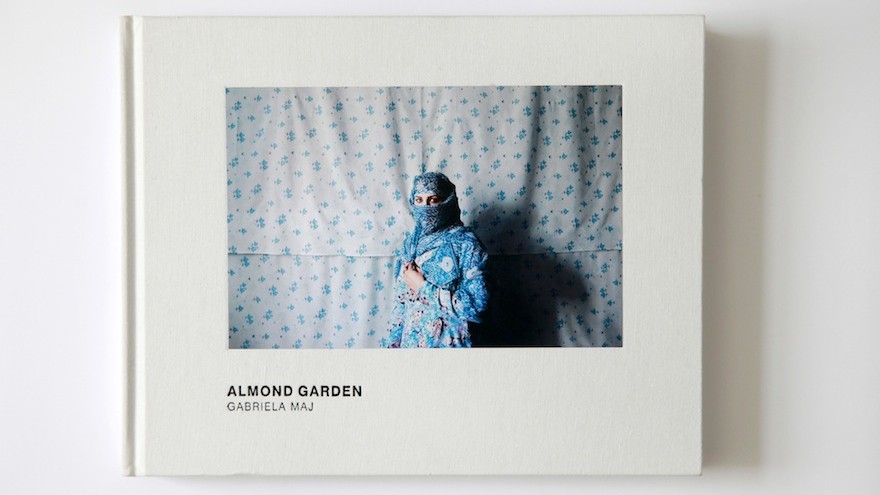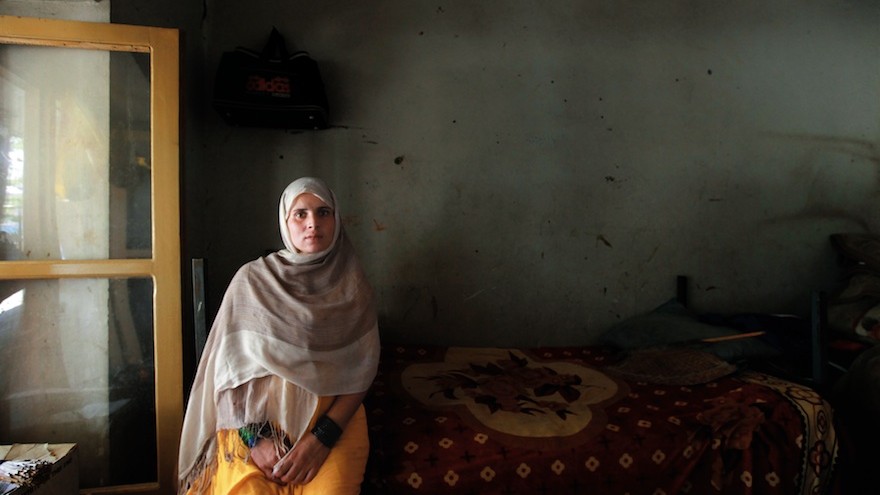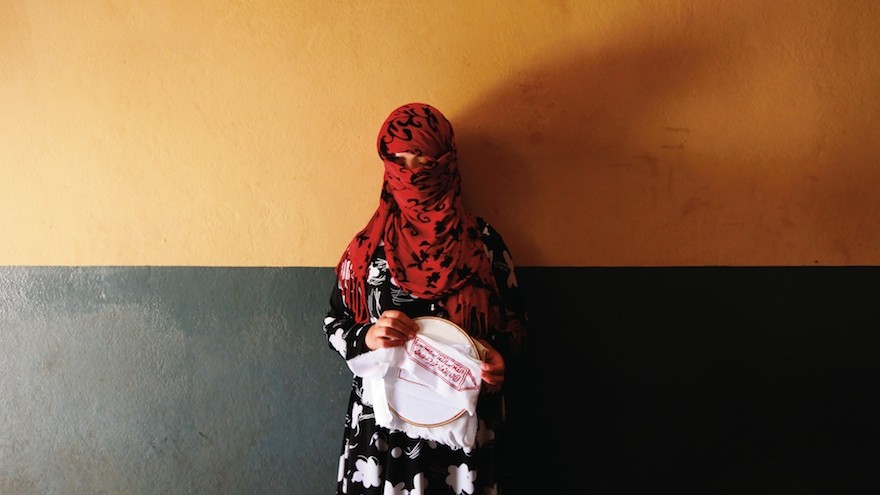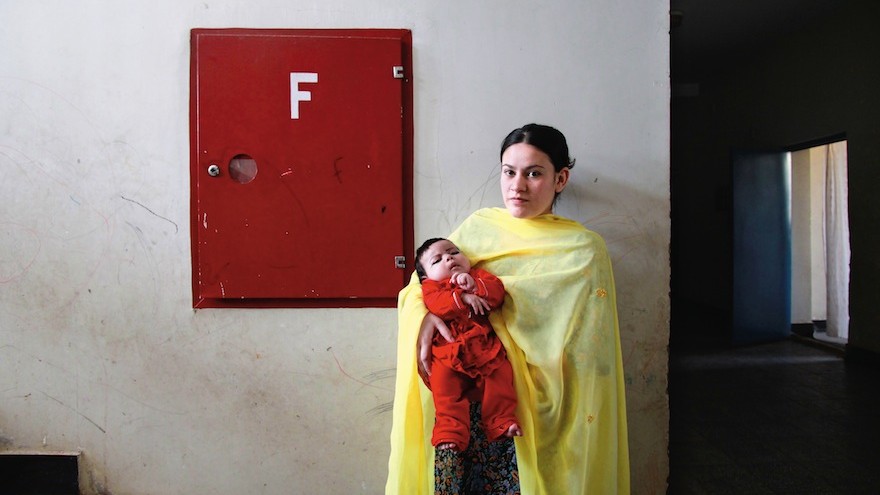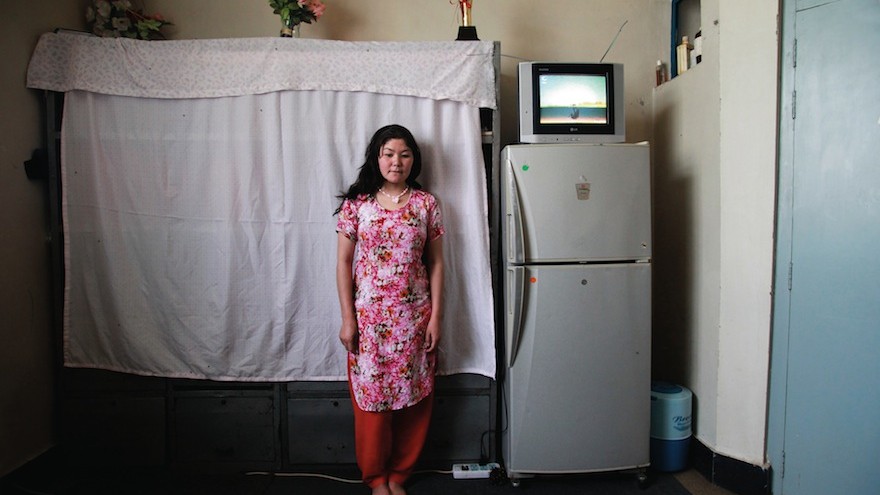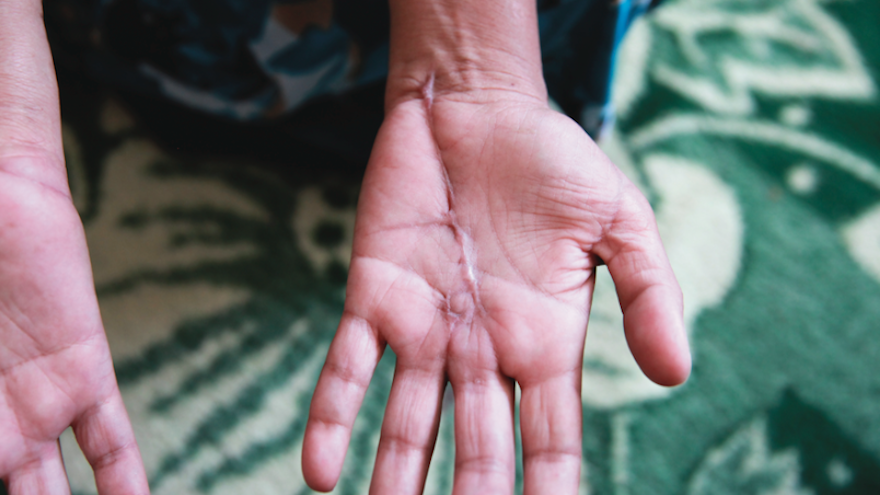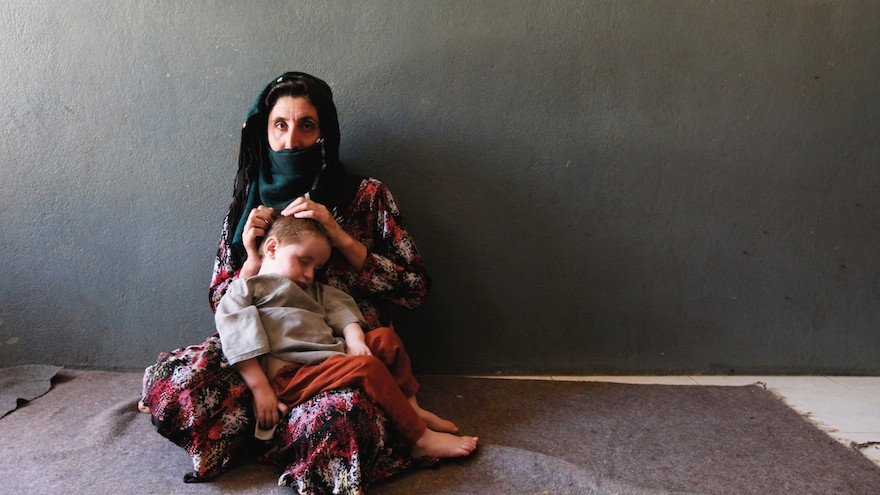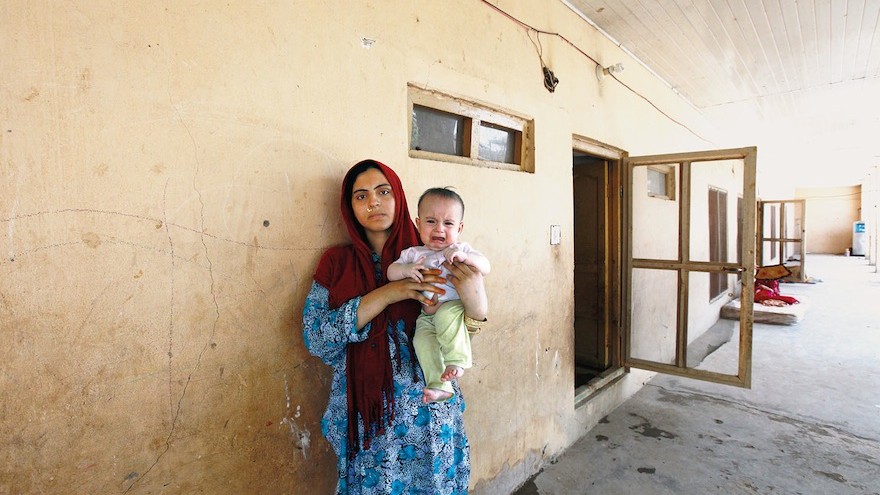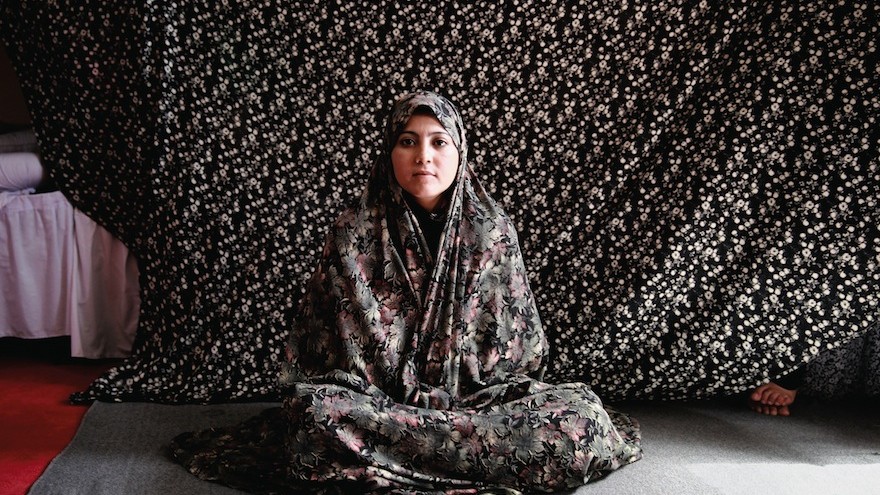Gabriela Maj, a Polish-Canadian photographer, spent four years travelling to women’s prisons across war-ravaged Afghanistan to capture their inmates’ stories. The result is Almond Garden, a haunting compilation of photos that highlights the severe limitations placed on women in a country once run by the Taliban.
Women caught defying the Taliban’s laws of sanctity suffered prison at best, at worst flogging or execution. Accompanying each portrait in Almond Garden is the women’s narratives, which together tell of desperate attempts to escape life-threatening abuse at the hands of men. Most are imprisoned for “moral crimes” that range from running away to murder.
Forced marriages and prostitution – often of children younger than ten to elderly men – domestic slavery, physical abuse, forced pregnancies and forbidden love all form a noticeable common thread.
Maj also tells her own stories of her time spent in Afghanistan. With her female translator, she eventually gained access to the prisoners alone when guards got bored of trailing them. In this way and over numerous visits she built trust with the women.
Being overlooked in this way became a strategy that ultimately exposed the context within which I was working, one where women's narratives were considered irrelevant to the power dynamics that ran the country.
Nearly all of the prisoners consider themselves safer in prison and fear being killed on their release date by their husbands or family members. For their safety, Maj has changed their names and deliberately separated the portraits from the stories.
The subjects are photographed alone or with their children who are often imprisoned with them. Bright clothing set against frills on the bedclothes and fashion magazine pages taped to the walls juxtapose the punishing emotional trauma suffered by the women, whose only support now comes from each other.

